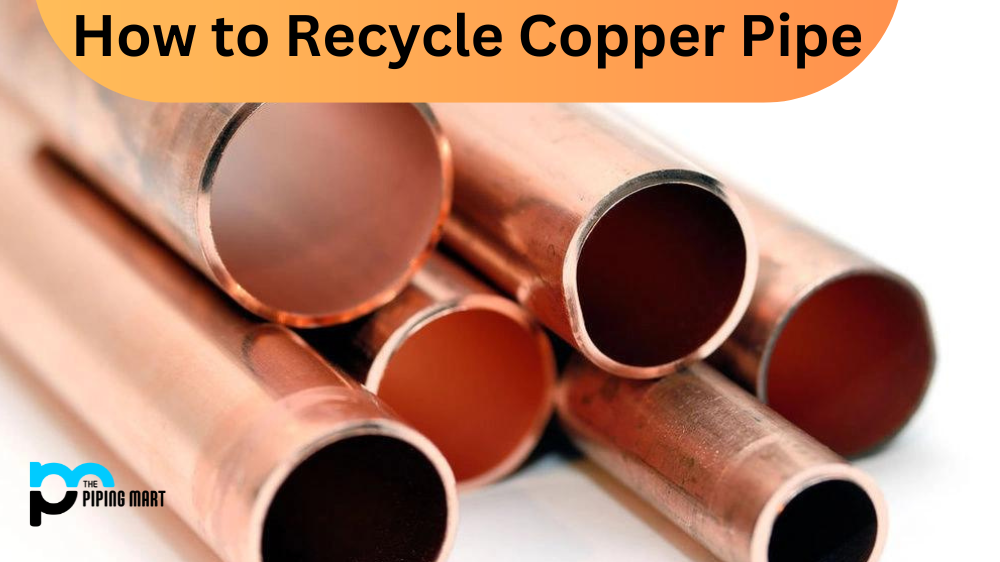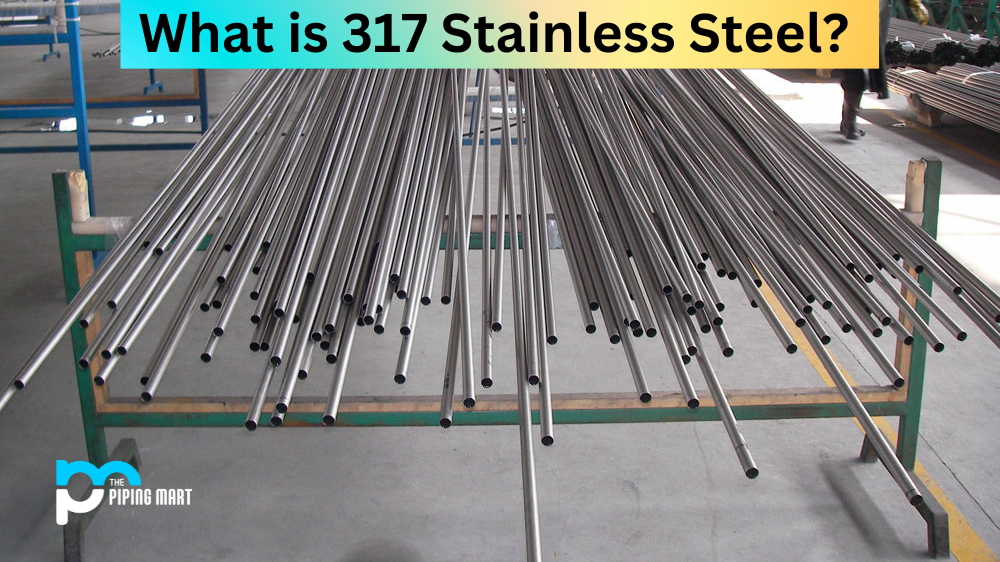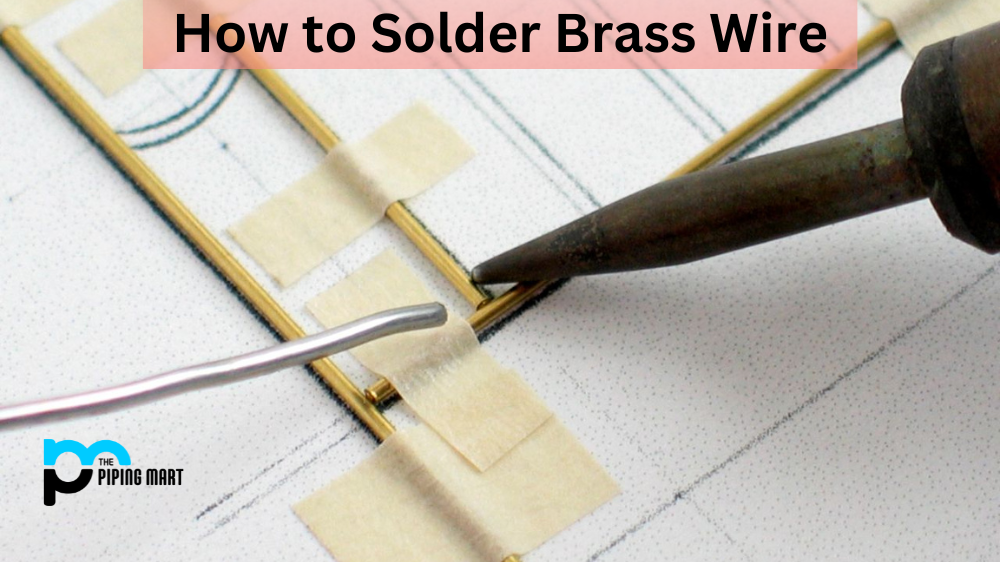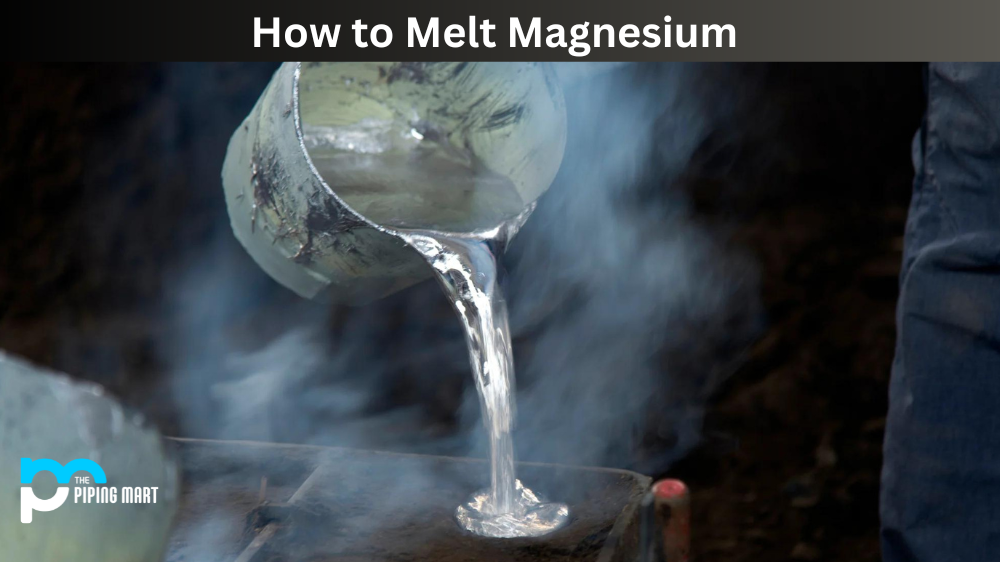Copper pipes have become popular for plumbing and gas installations. 5However, some homeowners have yet to learn what to do with leftover or damaged copper pipes, leading to them disposing of these valuable resources carelessly. Recycling copper pipes is not only environmentally friendly but also profitable. This blog will guide you on recycling copper pipes and what to do with the recycled material.
Collect the Scrap Copper Pipes
The first step in recycling copper pipes is to find and collect them. Check your garage, basement, or nearest renovation sites for unused or damaged copper pipes. Ensure to handle them carefully to avoid injuries and damage. Wearing gloves while handling the pipes is highly recommended to avoid cuts or scratches.
Prepare the Scrap Copper Pipes for Recycling
Before recycling the copper pipes, you must prepare them by cleaning and removing any dirt, debris, or other materials. If the pipes have fittings or other materials that are not copper, separate them before recycling to ensure you get the right value for your copper content.
Take the Copper Pipes to a Recycling Center
After collecting and preparing the copper pipes for recycling, the next step is to take them to a recycling centre. Researching and finding a trustworthy recycling centre can help you get the most value from your copper pipes. At the recycling centre, the copper pipes are weighed on a scale, and the value of the copper is determined based on its weight and purity.
Collecting the Copper
The first step in recycling copper is to collect it from businesses and homeowners who have copper to recycle. This can be done through various methods, including scrap dealers, metal recyclers, and salvage yards. Once the copper has been collected, it is sorted by type and grade.
Cleaning the Copper
The next step in recycling copper is to clean it. This can be done using various methods, including chemical, thermal, and electrostatic separation. After the copper is cleaned, it is chopped into small pieces.
Melting the Copper
The next step in recycling copper is to melt it. This can be done using a furnace or an induction furnace. Once the copper has been melted, it is poured into moulds called pigs or hogs. These moulds help to give the recycled copper its shape.
Refining the Copper
The next step in recycling copper is to refine it. This can be done using a process called electrolysis. In this process, an electric current is passed through the melted copper, which separates it into its parts: pure copper and impurities such as sulfur and oxygen. The impurities are then removed from the copper, leaving behind pure copper that can be used for new products.
Casting the Copper
The final step in recycling copper is to cast it into new products. This can be done using various methods, depending on the desired end product. For example, casting can create pipes, tubing, wire, and sheet metal.
Get Paid for Your Scrapped Copper Pipes
Recycling copper pipes is an excellent way to earn some money. The price of copper may fluctuate, but it’s always in demand. The more scrap copper you have, the greater the chances of making more money. You can negotiate the price with the recycling centre, and once they give you a satisfactory offer, you can receive payment for the scrapped copper pipes.
Use Recycled Copper Pipes
Recycling is an excellent way to eliminate unwanted materials and helps protect the environment. The recycled copper pipes can be used for various purposes besides plumbing and gas installations. Some of these uses include creating artistic sculptures, decorations, and jewellery. You can create your own DIY recycled copper projects or sell them to entrepreneurs interested in using recycled materials.
Conclusion
Recycling copper pipes is not only beneficial to the environment but also to your wallet. By recycling copper pipes, you reduce waste, conserve natural resources, and get paid for it. Remember to handle the copper pipes carefully to avoid injuries, and prepare and separate them properly before going to a reputable recycling centre. With this guide, you are now well on your way to recycling your copper pipes while creating something valuable from what was once considered waste.

Pipingmart is a B2B portal that specializes in metal, industrial and piping items. Additionally, we share the latest information and information about materials, products and various types of grades to assist businesses that are involved in this business.




